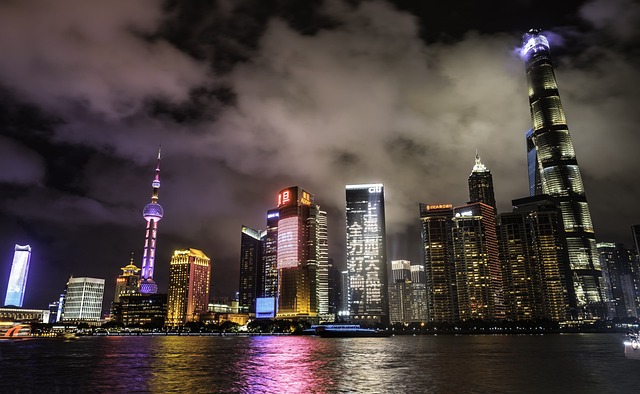China has clearly started playing a larger leadership role in the world.
This year, China has embarked upon meetings with a range of leaders from numerous countries in Asia-Pacific, the Americas and Europe; it helped broker a deal between Iran and Saudi Arabia to re-establish diplomatic relations; and has pushed for a political settlement for the war in Ukraine.
At home, the country has hosted scores of business leaders. Most recently, the China Development Forum in March attracted 69 foreign chief executive officers and 20 other guests from academia and international organisations, including Blackstone’s Stephen Schwarzman, Pfizer’s Albert Bourla and Apple’s Tim Cook. The latter underscored the importance of a symbiotic relationship between China and Apple.
Some companies that have significant business in or with China might be concerned about the country’s future as a market or a supply chain hub following the pandemic and ongoing geopolitical strife. Some are talking about “de-risking” – shorthand for implying that “China is risky”.
But that is not necessarily the thinking of many global companies, most of which have a keen interest in how fast China will evolve.
China has shown the global business community that its economy is recovering from the pandemic, and it is expected to grow at one of the highest rates in the world this year.
The International Monetary Fund predicts China’s real gross domestic product (GDP) will grow at 5.2 per cent this year, while the world is expected to average around 2.8 per cent and the G7 nations 1.1 per cent.
When German Chancellor Olaf Scholz visited China in November, 12 German business executives came with him. French President Emmanuel Macron was accompanied by more than 60 business executives in his recent trip to China. Brazilian President Luiz Inacio Lula da Silva brought 240 business executives with him on his visit last week.
Several global giants have already announced large investments in China. Saudi Aramco and its Chinese partners recently agreed to invest US$12.2 billion in a joint venture in north-eastern China. Aramco also acquired a 10 per cent stake in Chinese firm Rongsheng Petrochemical for US$3.6 billion.
Meanwhile, Shell and China National Offshore Oil Corp signed a US$7.6 billion deal for an expansion at their joint venture in Guangdong province at the end of March.
French aerospace giant Airbus also revealed plans for a second assembly line in Tianjin, while Tesla is set to build a factory in Shanghai to build its Megapack batteries.
While every investment is risky in some sense, these companies’ decisions to commit such significant investments in China indicate that for them, the strategic need to be in China outweighs the risks.
To this end, global companies are increasingly recognising that China is resilient.
Many observers in the West have attributed China’s rise to it being “authoritarian”, the help of state subsidies, unfair trade practices, copycatting and other similar reasons.
There may be some truth in some of these narratives, but explaining China’s growth in so simplistic a manner is not fair.
I have begun to see a small number of Western observers beginning to appreciate the meaning of Chinese modernisation and how it is different from that of the West.
As China searches for its own version of modernity since its reform and opening up, the discovery process and the evolving intellectual framework have gradually become the bedrock of the country’s resilience.
Some foreign companies have come to China but could not make things work, due to reasons such as supply chain disruptions during the pandemic and trade restrictions caused by sanctions imposed on China.
But they are finding themselves in a difficult position because China represents a large market and domestic firms could potentially develop their own technology to replace the foreign products subject to sanctions.
For many global companies, China is either a major source of revenue, an epicentre of supply chains, a key source of inspiration for innovation, or all of the above.
While there are forces trying to decouple China from the global market, there are also those who are trying to keep the world together, at least some parts of it. Business leaders understand that in this fast-evolving global context, China will continue to play a major role, and the smartest minds will figure the right strategy for achieving the best competitive advantage amid an era of significant change.
Source: The Business Times. Link Here.
May 15, 2023













